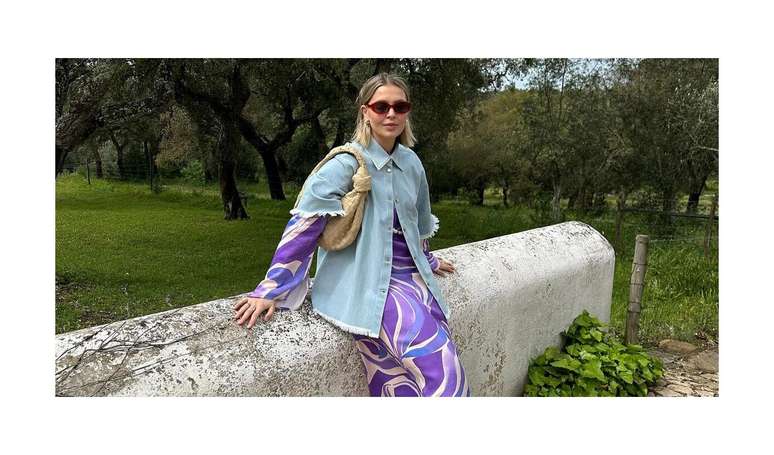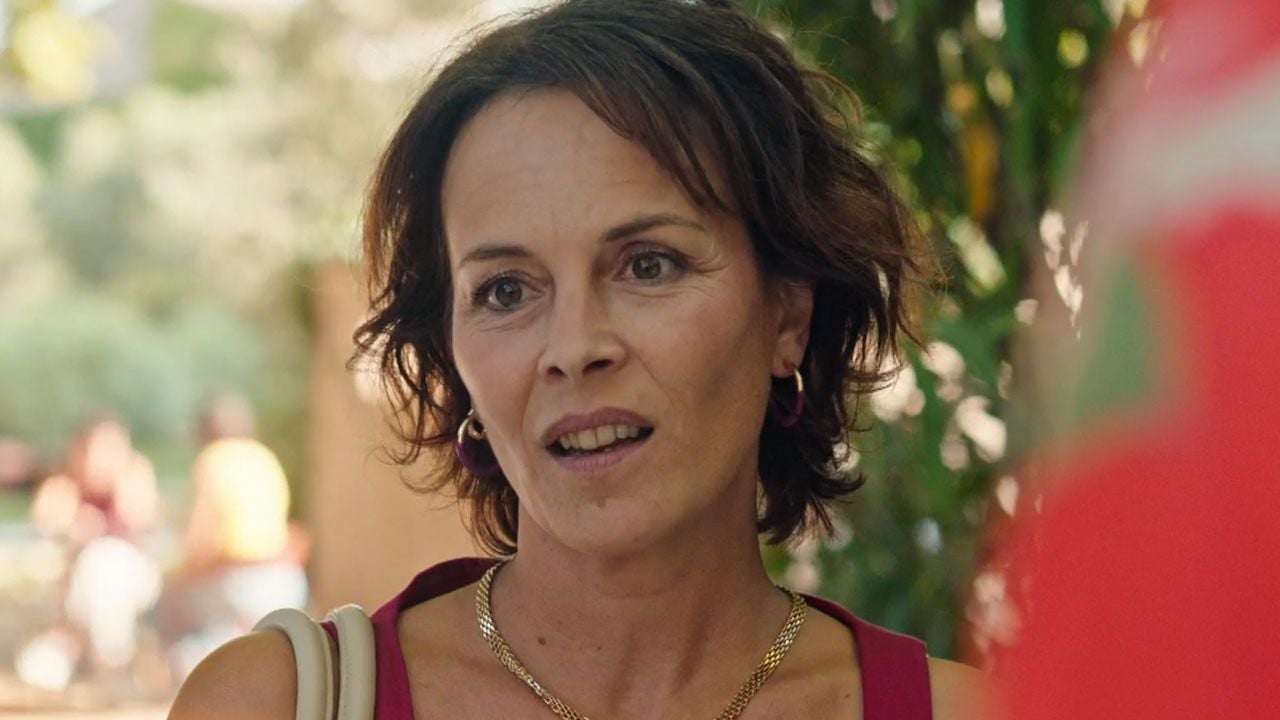The presence of oncologists within the country and partnerships for drug purchases are some of the necessary points
The world has advanced in relation to Innovative technologies for cancer treatmentBut experts point out that Brazil still needs to work to reach the “well -generous base”. Providing and retaining oncologists within the country, promoting partnerships to expand access to available resources and centralize purchases to optimize the budget are among the priority points.
The panel “The future of cancer treatment: innovation, sustainability and equity”, a member of Event “Portraits for Cancer”held this Thursday 31, in San Paolo, faced the problem.
According to Ana Maria Drummond, director of Winner of the InstituteThe great challenge of Brazil at the moment is to be able to add as many technologies as possible, taking into account the reality of budget and territorial limitations. “When we look at this great system (Sus), we honor this system, we appreciate, but when we enlarge, we see the existing weaknesses. “
This is also a challenge in private health, given the High cost of the latest technologies, such as Car-T (Immunotherapy in which patient defense cells are reprogrammed to attack cancer).
“In additional health, there is a great eterogeneity as upwards in relation to the availability of drugs and treatments,” said Rafael Kaliks, clinical oncologist at the Einstein Israelita hospital.
According to Kaliks, Brazilian investments in cancer treatments, both in the public and private system, are much lower than countries such as Canada. “While spending between $ 6,000 and 11,000 per citizen, Brazil spends about $ 700,” he compared.
“It is necessary to understand that cancer is not a disease and what works for a type of cancer may not work for another,” said Rui Weschenfelder, coordinator of the gastrointestinal oncological center of the Moinhos de Vento hospital. According to him, even with good technologies available, The main factor for a good prognosis remains early diagnosisfor a faster start of treatment.
In this sense, having more oncologists available in all areas of Brazil is essential to fight the disease widely. But there are challenges such as the lack of career plan and the conditions for care, especially in the most remote places, which discourage doctors to work through Sus.
Centralize and therefore expand
Damila Trufelli, Johnson & Johnson’s Medical and Regulatory Director, the first company to bring Car-T to Brazil, defended the need for greater speed in approval of technologies. “We have a lot of innovation coming,” he said.
Ana Maria also criticized what called “system disorganization”. For her, the phenomenon would be responsible, for example, because we have 19 cancer drugs already approved by the National Commission for the incorporation of technologies in the Unified Health System (CONITEC), but not yet incorporated into the public network. Some have been waiting for 11 years.
According to Ana Maria, centralizing the purchase of cancer drugs would generate a significant economy and the resources spared could be used for the acquisition of equipment, for example.
Weschenfelder added that, in this mode, different institutions (public and/or private) close a single purchase of pharmaceutical products. Since the volume provided for in the contract is large, the trend is a reduction in the price.
Another method, according to Dr. Moinhos de Vento, is to create a risk contract shared between producers and buyers. “A treatment that helps 30% of cancer patients is already considered a success. But when you have a large system as in Brazil, which requires large purchases, there is a great risk (treatment is not effective for the vast majority of people and therefore there) “He explained.
“If the manufacturer has a lower price and the buyer buys for everyone, everyone helps a little cheaper and dilute the risk.”
Source: Terra
Ben Stock is a lifestyle journalist and author at Gossipify. He writes about topics such as health, wellness, travel, food and home decor. He provides practical advice and inspiration to improve well-being, keeps readers up to date with latest lifestyle news and trends, known for his engaging writing style, in-depth analysis and unique perspectives.








